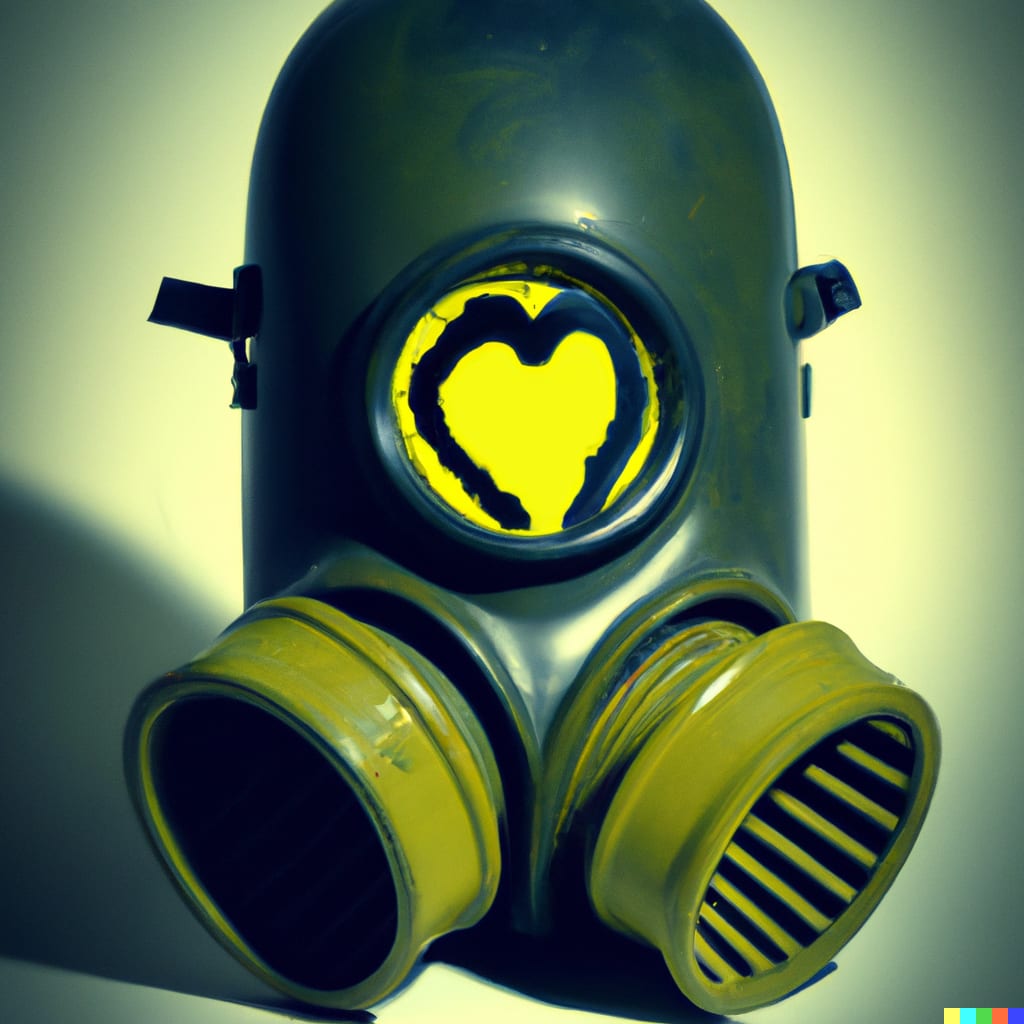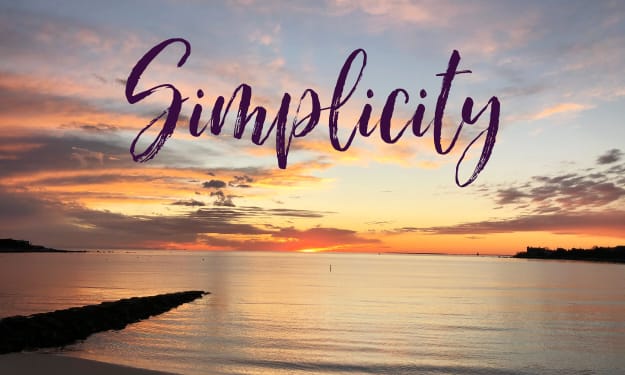
This article is relevant to anyone, regardless of their education or professional accomplishments, who is struggling to keep a troubled relationship going, no matter their age. If you're in this situation or are concerned about someone you care for who is experiencing this, the article can be of help. It's important to recognize that any relationship can turn unhealthy, and if you find yourself unable to solve problems on your own or with your partner, seeking professional assistance is a viable option. Keep reading to learn more about the reasons behind our tendency to maintain toxic relationships.
The choices we make about maintaining toxic relationships can be influenced by our beliefs about ourselves and others. For instance, we may hold the belief that we are responsible for helping our partner reach their potential, or we may worry that ending the relationship could cause our partner to spiral out of control. In some cases, we may have dreams and aspirations that are closely linked to our attachment to our partner, and leaving the relationship means giving up on those dreams. Alternatively, we may view our primary role as taking care of and healing others, even if it means losing ourselves in the process. On the other hand, we might fear that leaving the relationship because of our unmet needs and desires would be selfish.
When we find ourselves in a toxic relationship, we often experience cognitive dissonance when we are confronted with information that contradicts our beliefs, values, and ideas about our partner. In such situations, we have a few options: we may choose to ignore the new, conflicting information by making excuses for our partner, or we may become defensive and fight against the knowledge, or we may attempt to justify or rationalize the information to reconcile it with our existing beliefs. In some cases, we may even opt to change our beliefs and values to accommodate the new information. Experiencing cognitive dissonance can manifest as any of the first three responses mentioned above. However, the fourth response involves accepting the new information and adjusting our mindset accordingly, which can be daunting in a toxic relationship since it may prompt us to take decisive action, such as ending the relationship.
We may often question why a friend doesn't end a bad relationship, but this is because the relationship has become a significant part of their life, and they may not know any different. They may also believe that they can be the one to change their partner. However, it's important to recognize that toxic relationships aren't always entirely bad. Those who have been in such relationships know that there are moments of happiness, glimmers of hope for change, and turning points. Nevertheless, we can't control other people, and the only thing we have control over is ourselves. Although we may see potential in our partner, and believe that they can change, it's up to them to recognize their potential and work towards it. They must invest in the relationship for change to be possible.
To approach your relationship, a helpful technique is to ask yourself, "What would I say to a friend in the same situation?" As we tend to be more direct and compassionate with our friends, talking to yourself as if you were talking to a loved one can be beneficial. Seeing your situation through your friend's perspective can help you distinguish between what's happening, what's wishful thinking, and what problems require action. How can you tell if your partner is committed to change? It's straightforward; they take action! They follow through on their words, match them with actions, and acknowledge their issues. They are resolute in taking action towards a solution and are willing to work together as a team, not against each other. They are aware of the need for change.
In a mentally or emotionally toxic relationship, change won't occur until your partner realizes the wrongs and ends it.
How to evaluate your situation: We understand that it can be challenging to decide what to do when hope blinds everything in such a relationship. The best course of action is to remind yourself of your values and goals, and then ask yourself the following questions: "Will this person lead me to where I want to be? Can I genuinely be myself with them and do I want to be with them? Do we share the same values?" Once you have identified what is essential to you, we hope that you can make the right decision for your relationship.
About the Creator
Elowen
Elowen an enigma in the world of relationships. With a deep understanding of human behavior, I guide individuals and couples to healthy connections. Let's explore the mysteries of love together. ❤️






Comments
There are no comments for this story
Be the first to respond and start the conversation.